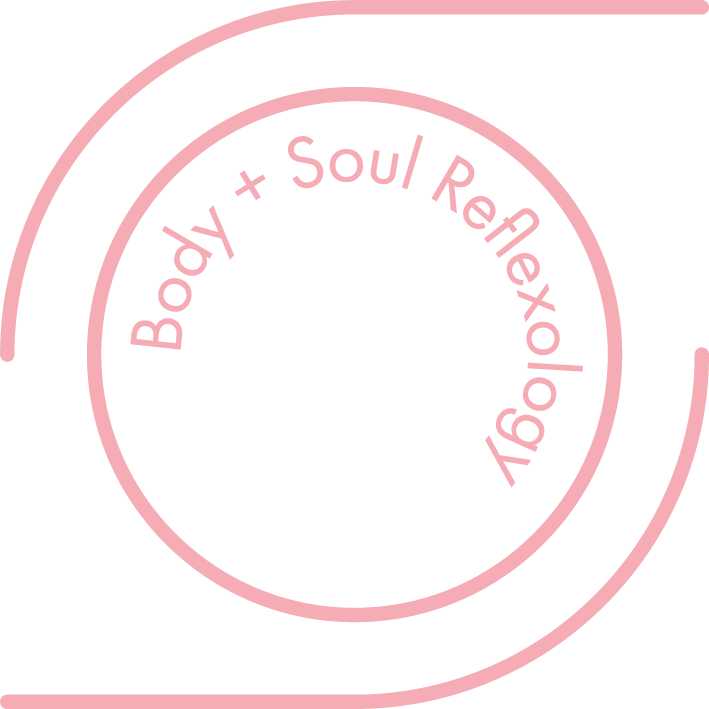Health + Wellbeing Reflexology
Reflexology is a holistic therapy which treats the whole person, allowing the body to fall into a deeply relaxed state and generate a feeling of improved well-being. It can be used adjacent to medical care and other alternative therapies. Regular reflexology sessions have been reported to be of benefit in the following:
Relieve stress
Encourage relaxation
Boost the immune system
Release toxins
Restore sleep patterns
Increase energy levels
Improve circulation
Enhance wellbeing
Calm digestive problems
Ease muscular tension
Pregnancy Reflexology
Reflexology can be a great support along your pregnancy journey and it can be beneficial to have some quiet time to yourself being nurtured and pampered. Regular treatments can help you connect with your baby and prepare your body prior to giving birth. Reflexology can also help to alleviate the following common pregnancy discomforts:
Nausea and morning sickness
Constipation
Fluid retention
Backache
Pelvic pain
Anxiety
Sciatica
Fatigue
Insomnia
Mood swings
Heartburn
Headaches
Post-natal Reflexology
Following the birth of your baby you deserve a reflexology session to enhance your physical and emotional well-being. Receiving post-natal reflexology is an essential part of self-care, which is the foundation for caring for others without depleting your own energy levels. The balancing and restorative qualities of reflexology can help boost your recovery by helping with:
Calming and relaxing the mind
Increasing energy levels
Restoring hormonal balance
Easing backache
Overcoming fatigue
Relieving headaches
Improving constipation
Reducing oedema
Improving constipation
Alleviating breast engorgement
Encouraging lactation
Ready to relax?
How does reflexology work?
Reflexology is based on the principle that all parts of the body, our organs and glands, have a direct relation with the reflex areas on the feet, lower legs, hands, face and ears.
The pressure and massage techniques taught in reflexology are designed to promote the body’s ability to heal and nourish itself. Imbalances in the body systems can be identified and worked on in order that the physical, hormonal or emotional blockages can be released.
Reflexology is a holistic therapy which treats the whole person, allowing the body to fall into a deeply relaxed state and generate a feeling of improved well-being. It can be used adjacent to medical care and other alternative therapies.
It is very individual and the only way to see how you feel during and after a session is to try it.
What to expect from your treatment
-

Welcome your body
A reflexology session generally starts with an overview of your health and lifestyle, an explanation on how reflexology works and what happens during the session.
-

Soothe your soul
You will then be made comfortable on either a zero-gravity reclining chair or on a massage table, while you enjoy whichever therapy you have chosen. You will remain fully clothed during the session except for the feet and lower legs and tucked up in a lovely fleecy blanket.
-

Treat your feet
All treatments start with cleansing the feet and a gentle, relaxing foot massage, using a natural balm. Pressure will then be applied to your feet, hands or ears using specific thumb and finger techniques and in some instances a reflexology probe.
-

Balance your mind
During the session a state of deep relaxation is created in the body, interrupting the pattern of stress and you may even fall asleep. At the end of the treatment your feet will be wrapped in warm towels infused with essential oils and you will be offered a choice of water or herbal tea.
-

Nourish yourself
We will then have a chat about how you can care for yourself following this session and until your next treatment.
Reflexology does not treat specific conditions and should not replace your medical treatment and care. It does not interfere with medication or other therapies. Reflexologists do no diagnose illness based on the treatment they provide.




